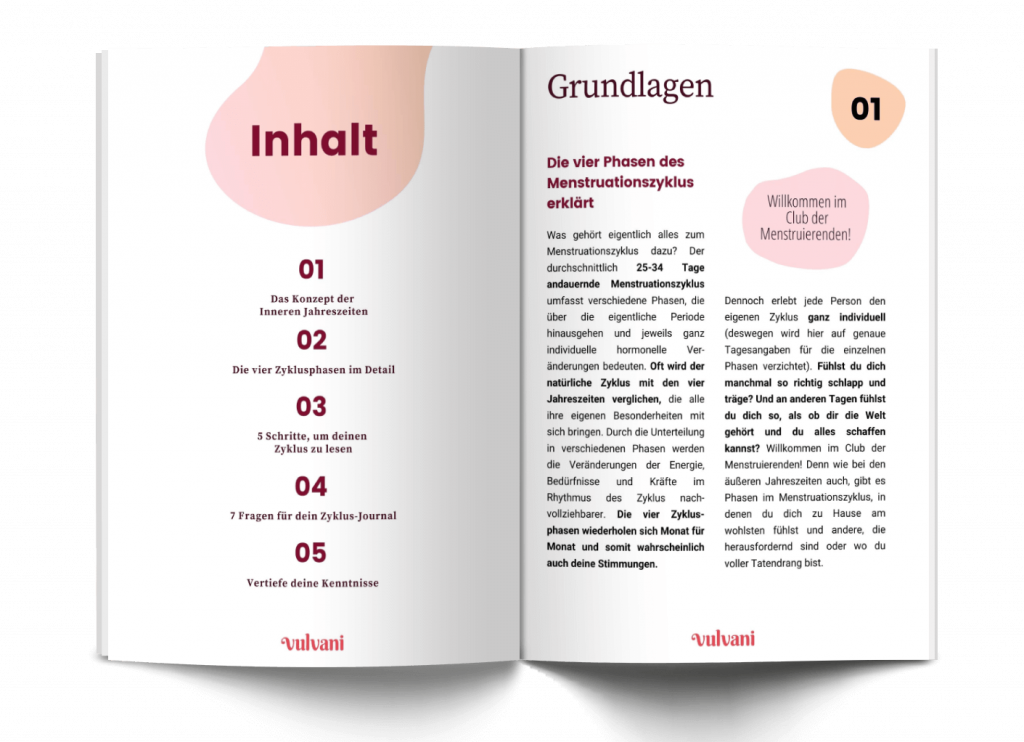
Discovering your menstruation as a spiritual practice
Yasmine understands her menstruation as a spiritual practice and shares in this interview how she is connecting more with her own body through cycle awareness.
Periods & The Pandemic. A problem nobody thought of in the beginning stages of the Covid epidemic, too concerned with having enough toilet paper. Which problems did menstruating people have to face and what obstacles do they still have to overcome? Healthcare Consultant Dr. Michelle Frank investigated the impact the pandemic had and still has:
Every corner of our globe is still whispering about how the pandemic has impacted their community. With the vaccine initiatives underway across the globe, there are still many countries (like Brazil and India) that are experiencing a grim outlook during this time.
With every wave of a global crisis, it is often observed that a certain section of society always experiences a greater impact than the rest. During this pandemic, while the world collectively grappled with managing the novel coronavirus, menstruators faced additional challenges that only opened wide the gaping inefficiencies in tackling menstruators’s health concerns.
When the pandemic struck, the primary concern was to limit the spread. This meant limiting the number of people outside, thereby lowering the chances of transmission. This culminated in the global lockdown of industries, markets, and transportation.
While already within the know, the menstrual cycle is deeply intertwined with other functions within a menstruators body. This means, it doesn’t just result in the shedding of the uterine lining through the vagina every month. The change in the hormone patterns results in both physical and mental changes throughout each month, throughout the whole year. And these changes are unique to every menstruating person.
With the lockdown in place, menstruating people were faced with additional obstacles during menstruation: challenges of additional household chores, professional commitments, managing children and their studies, additional stressors from individuals at home all day, and limitations on medications and nutrition. And these are just at the surface. A survey conducted by Plan International highlighted that for about 75% of menstruators, access to sanitation supplies such as water was limited further during the pandemic.
Another logistical nightmare that presented itself during the pandemic was the shortages of personal protective equipment (PPE) across the globe for both developed and developing nations. With about 70% of the global healthcare force being women, the necessity for practical menstrual solutions with the use of PPEs was grossly overlooked. Many of the women highlighted that the protocols to wearing and changing PPEs didn’t take menstruators into consideration. Menstruators felt suffocated, bled through their PPE, and found it difficult to change their products while in their PPE. This pandemic highlighted that period poverty doesn’t discriminate. And it shone a light on a crucial fact, that periods do not stop, even during a pandemic.
During this lockdown, many women came forward sharing concerns that their menstrual cycles have become erratic with more premenstrual mood changes, bloating and lethargy observed in comparison to their cycles before the pandemic. While there were many ways to tackle changes in sleep patterns and low motivation, not many addressed these accumulating silent concerns of menstruators around the world.
A survey conducted on the assessment of lifestyle changes during the COVID-19 pandemic and menstrual cycles highlighted that 53% of the 749 surveyed affirmatively documented changes in their menstruation. In particular, were mood changes as well as changes in the length of cycles. Menstruators also noticed the consistency of their period blood changed. Some even experienced more clots during their periods compared to their usual. After several hours of conversation with menstruators on their periods, most of them observed that they have had additional stress, and as a consequence have observed that their diet, eating habits, and sleep patterns have all changed. But they never linked that these could have a direct impact on their menstrual cycles.
We have all been made aware of the gaping cracks in the system. But it is crucial to consider in what ways we can move forward to make menstruation inclusive. This starts simply through language, awareness, and uncloaking stigma. We can start by addressing all the struggles menstruators experience not only during their periods but throughout their menstrual cycle. This includes fluctuations in hormones, mood alteration, physical changes, and product-associated concerns.
Making period products essential, will in the long run increase the accessibility to these products. Following examples in recent years like Australia, India, Canada, and the UK, in abolishing menstrual product tax, showcases simple steps forward in the long journey in tackling period poverty. Period products and awareness empower menstruators! It gives them the independence to focus on more aspects than just the struggles relating to their periods.
Illustration by Magdalena Otterstedt / Kopfüber Design for Vulvani



Yasmine understands her menstruation as a spiritual practice and shares in this interview how she is connecting more with her own body through cycle awareness.

What options are there for male birth control? Ailsa delivers an overview of what is available now, and what may come in the future.

Sustainable underwear? The founders of TUKEA talk about fair labour conditions, body diversity and body literacy.
…and empower countless women to make empowered choices about their bodies!

